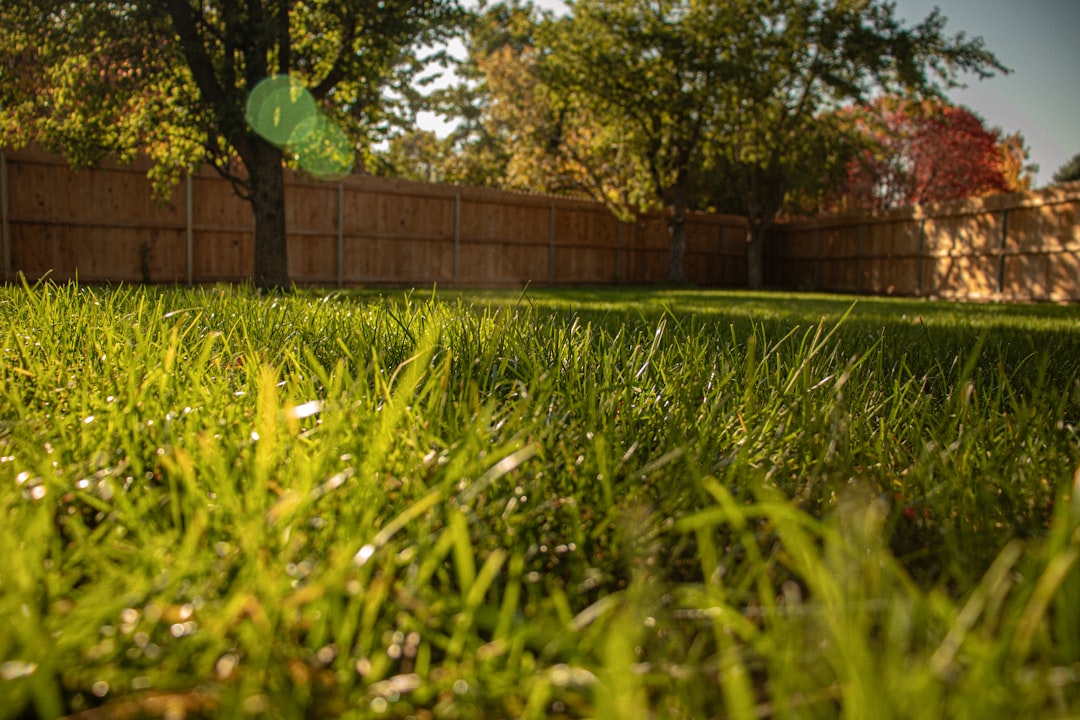Banishing Yellow Jackets: A Natural Approach for Your Garden

Yellow jackets can be a real nuisance in the garden. These stinging insects not only pose a threat to humans but can also disrupt the peace of your outdoor space. To effectively get rid of them, it's crucial to understand what attracts these pests in the first place.
One of the main things that draw yellow jackets to your garden is food. They are particularly fond of sweet substances such as ripe fruits, nectar from flowers, and sugary drinks. If you have fruit trees in your garden, fallen or overripe fruits can act as a magnet for yellow jackets. Make sure to regularly clean up any fallen fruits and keep your fruit trees well - maintained. Prune away any damaged or overripe fruits to reduce the attractiveness of your garden to these pests.
Another food source that attracts yellow jackets is protein. They are known to scavenge for meat, especially during the late summer and early fall when they are preparing for winter. If you have a compost pile in your garden, ensure that it is properly managed. Avoid adding large amounts of meat or fish scraps to the compost, as this can attract yellow jackets. Instead, focus on adding plant - based materials such as leaves, grass clippings, and vegetable peels.
Yellow jackets are also attracted to certain scents. Strong floral scents can draw them in, so be careful when choosing the flowers for your garden. Some flowers that are known to attract yellow jackets include marigolds and sunflowers. While these flowers can add beauty to your garden, you may want to plant them in areas that are less frequented by people. On the other hand, there are some scents that can repel yellow jackets.
One of the most effective natural solutions to repel yellow jackets is using essential oils. Peppermint oil is a powerful deterrent. You can create a simple spray by mixing a few drops of peppermint oil with water in a spray bottle. Spray this mixture around areas where yellow jackets are commonly seen, such as near garbage cans, outdoor eating areas, and around the perimeter of your garden. The strong scent of peppermint oil will make the area unappealing to yellow jackets.
Clove oil is another essential oil that can be used to repel yellow jackets. Similar to peppermint oil, you can mix a few drops of clove oil with water and spray it in areas where yellow jackets are a problem. Clove oil has a strong, spicy scent that yellow jackets dislike.
Vinegar is also a great natural repellent. Fill a small bowl with white vinegar and place it in areas where yellow jackets are present. The strong odor of vinegar will drive them away. You can also use apple cider vinegar in a similar way. Another option is to create a vinegar - based spray by mixing equal parts of vinegar and water. Spray this mixture on plants and around your garden to keep yellow jackets at bay.
Planting certain herbs can also help in repelling yellow jackets. Basil, thyme, and rosemary are all herbs that have scents that yellow jackets find unappealing. Plant these herbs in your garden, especially near areas where you spend a lot of time outdoors, such as patios or decks. Not only will they help in repelling yellow jackets, but they can also be used in your cooking.
When it comes to dealing with yellow jackets, prevention is key. Seal any cracks or holes in your home's exterior, as these can serve as entry points for yellow jackets. Keep your garbage cans tightly sealed and clean them regularly to remove any food residues that may attract these pests. If you have an outdoor dining area, make sure to clean up any food spills immediately.
If you do find a yellow jacket nest in your garden, it's important to approach the situation with caution. Do not attempt to remove the nest on your own, especially if you are allergic to their stings. Instead, contact a professional pest control service. They have the expertise and equipment to safely remove the nest without putting you or your family at risk.
In conclusion, getting rid of yellow jackets in your garden is possible by understanding what attracts them and using natural solutions to repel them. By taking proactive steps to reduce their attractants and using natural deterrents, you can enjoy a pest - free garden and a safer outdoor environment.